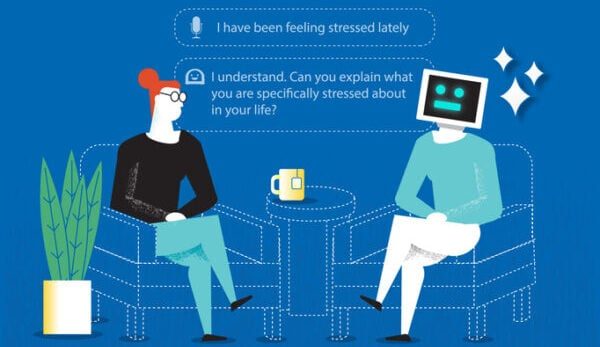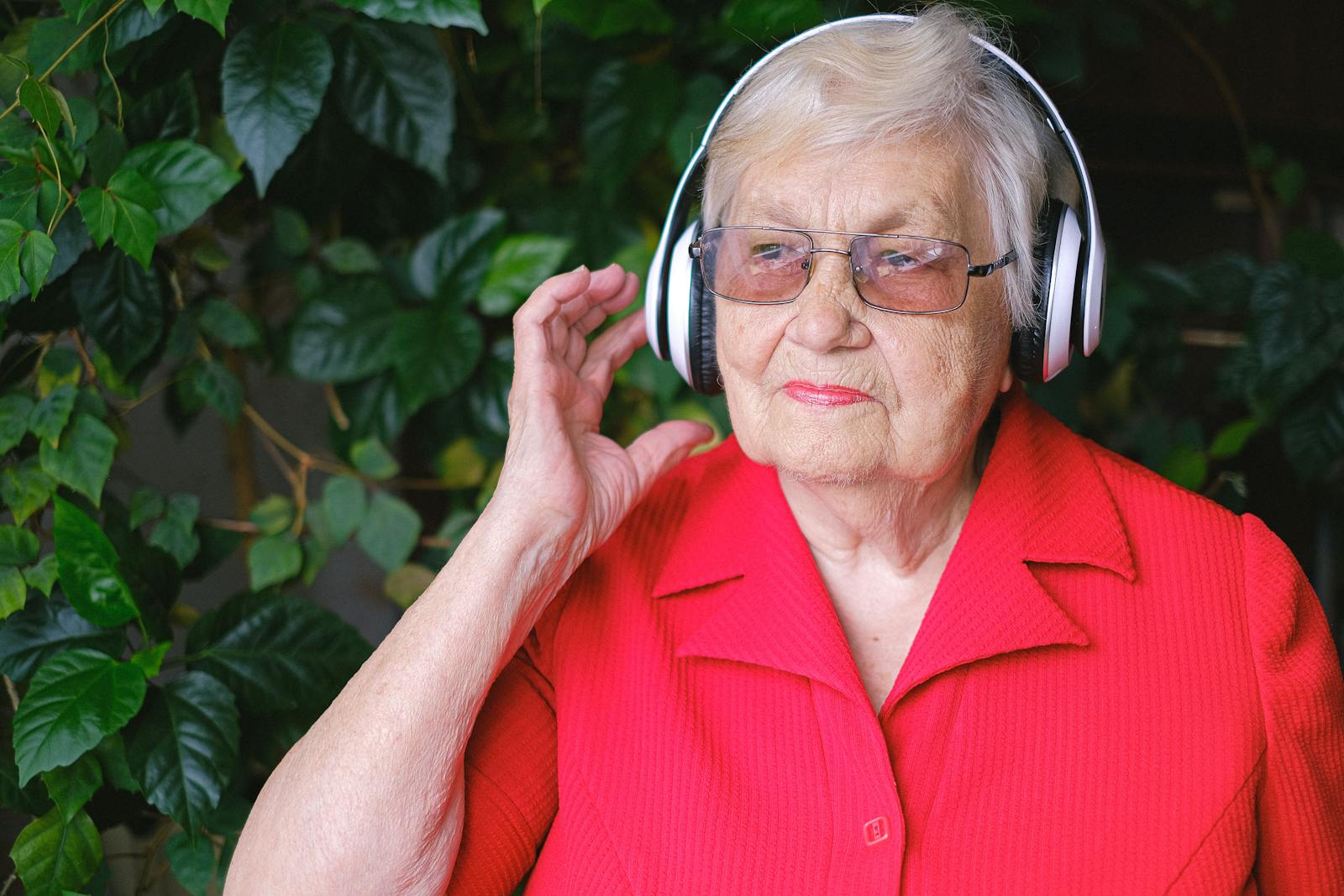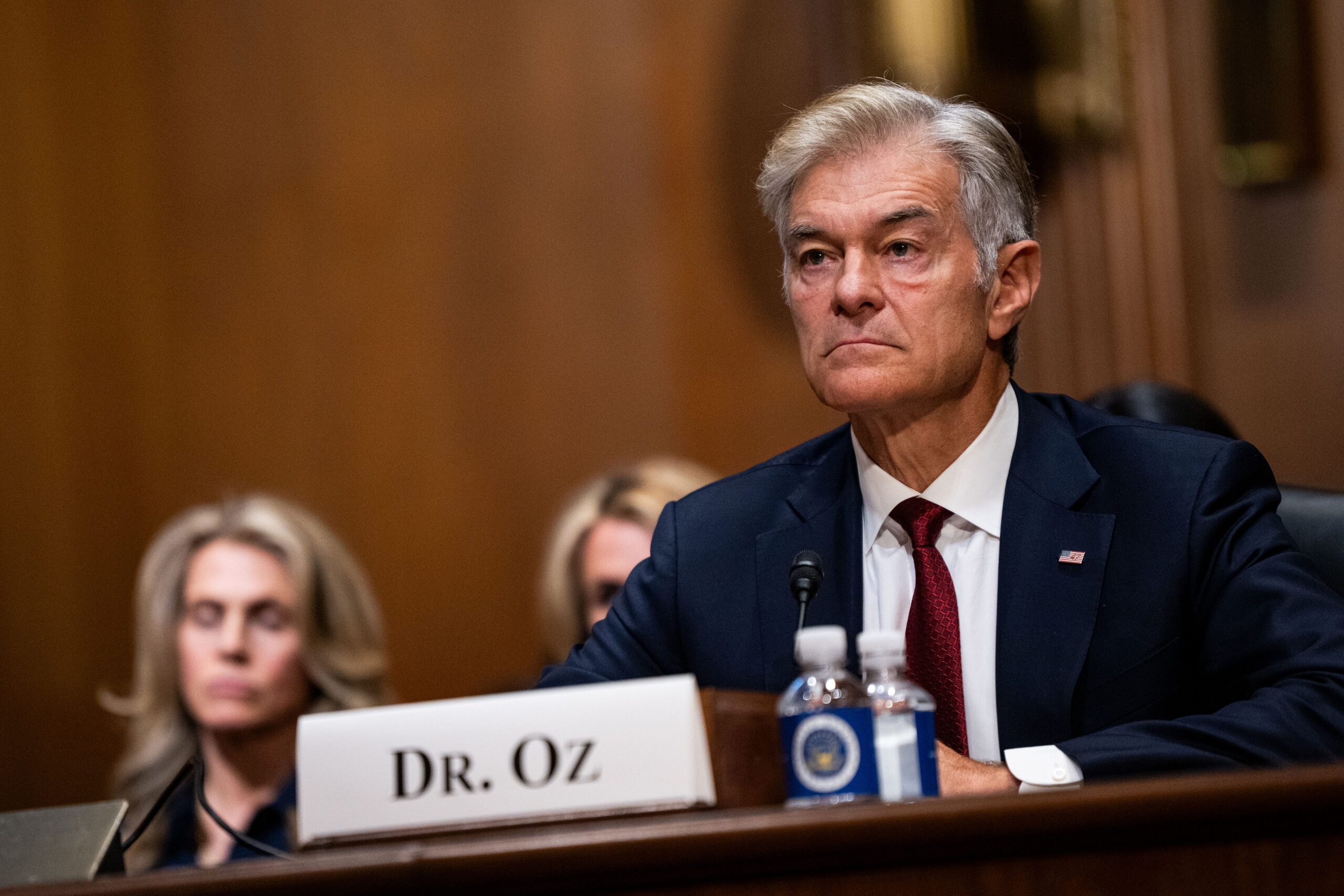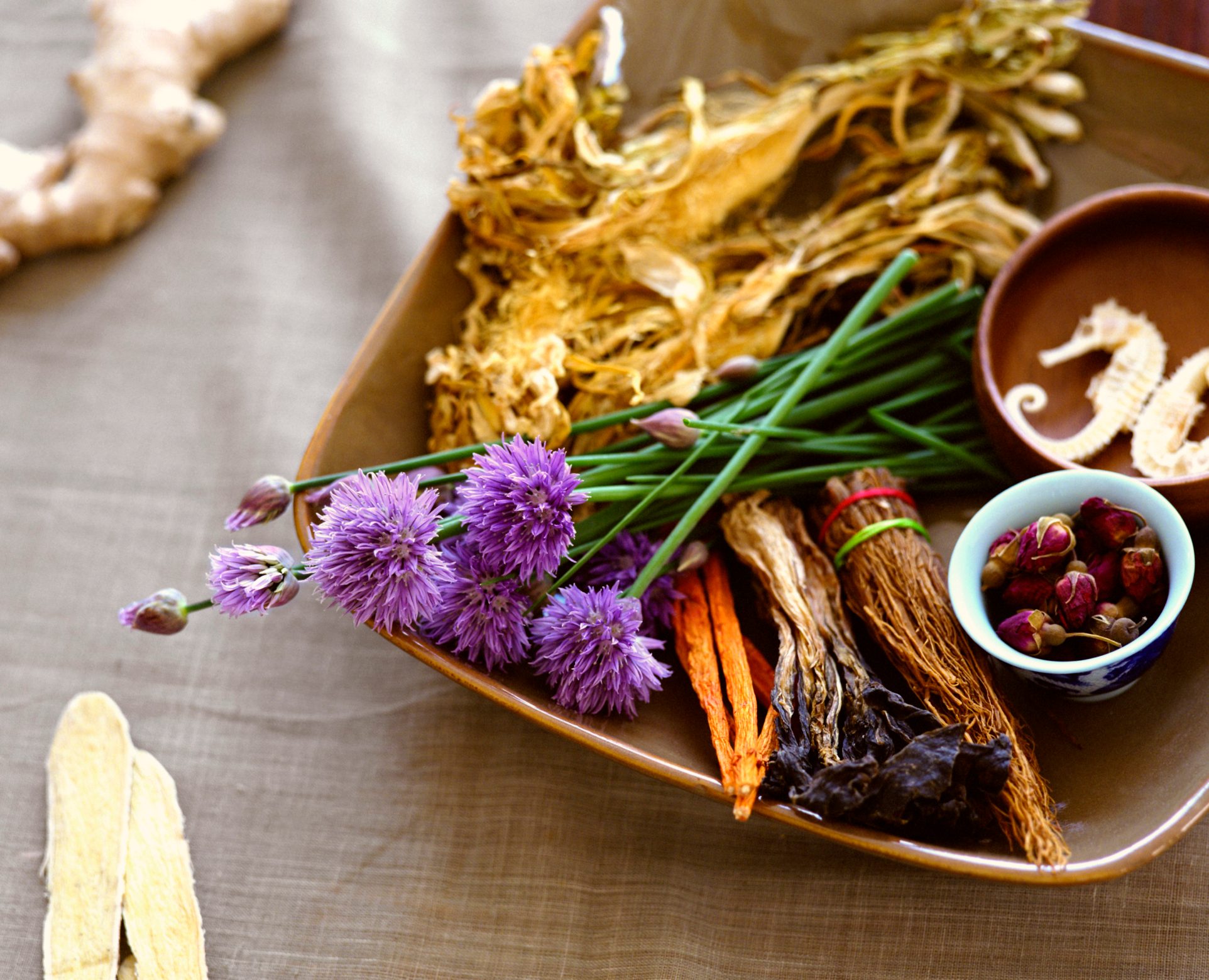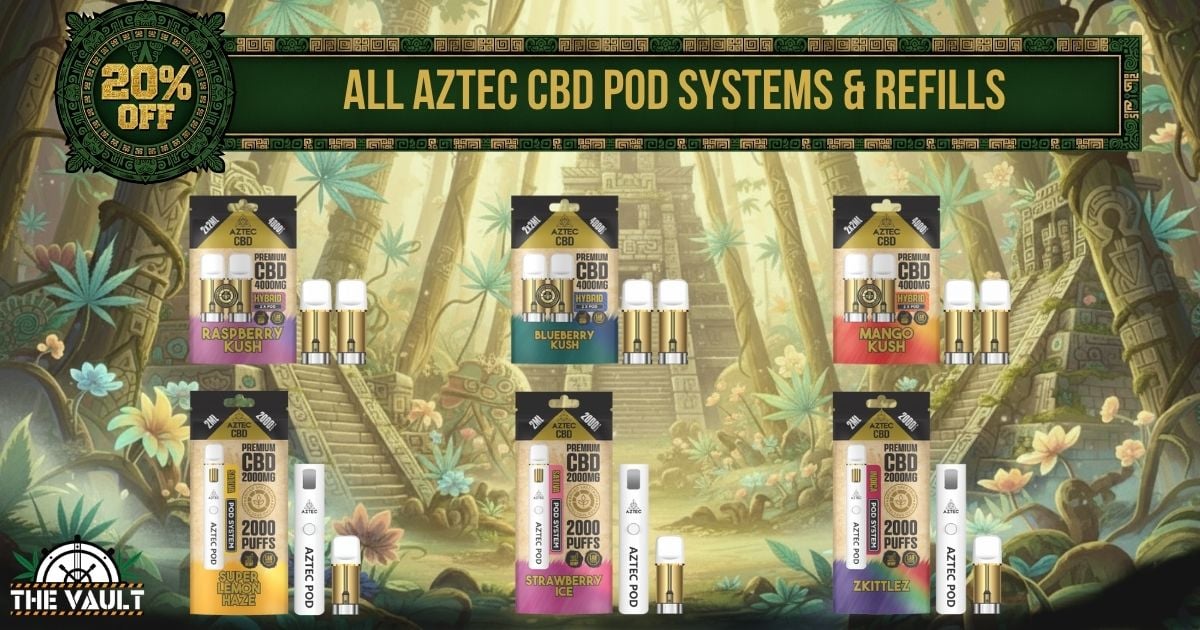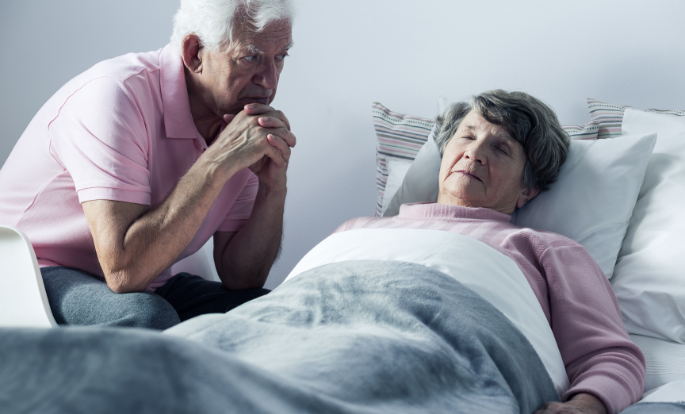CANNABIS CULTURE – Mozambique is a curious outlier among her neighbors in Southern Africa region. Her ban on cannabis whether medicinal or recreational is stiff and strict. However, among Mozambique’s affluent class (doctors etc.), high-end processed cannabis products are flowing informally and lucratively from big neighbor South Africa.
“It’s creating a two-tier cannabis scene,” says Mozambique social scientist Arimando Bana. “The affluent can easily order or get prescribed high quality processed cannabis while the poor can easily be jailed for possessing a gram of raw cannabis.”
Affluent cannabis
Though Mozambique bans all use and possession of cannabis, cannabis been widely cultivated among million of poor Mozambique citisens especially in vast fertile eastern coastal region and the mountainous west. For the right bribe, police usually turn an eye to rural cultivators of cannabis who use small harvests to earn money for food, healthcare, or education, explains Arimando, the social scientist. But for large-quantity, commercial-level use of medical cannabis or exporting the crop across borders – again at vast scale – offenders can expect jail terms of up to 7 years. “Yet doctor-friends tell me there is a huge demand for high-end medical cannabis imports (sweets, lotions, oil rubs) for both healthcare and recreational in Maputo the capital due to a booming middle-class,” he says.
That demand among the affluent is filled out by neighbor South Africa, a country to the southwest of Mozambique, which is not only Africa’s most industrialized nation, but the country with Africa’s biggest processed cannabis industry. South Africa has invested so much in both cultivation and processing of processed cannabis that in 2026 her domestic cannabis industry is set to reach ZAR 406bn ($22bn).
“South Africa; for us in Mozambique that’s where we import high-end finished cannabis for pharmacies, doctors dispensaries, chocolate shops. Of course, all under the table,” says Gilberto, a high-end cannabis oils, chocolate, lotions ‘importer’ bringing the product from South Africa and supplying affluent pharmacies, doctor rooms and gift shops in Maputo, the capital of Mozambique.
“The risks are worth it,” Gilberto who chose to hide his surname to speak freely with Cannabis Culture says. “For example, a 500mls of cannabidiol used to sooth back pain, and dispensed secretly by doctors in my network, costs $4 in South Africa over the border. Here in Mozambique among my clients I sell for nearly $9. It’s massive profit.”
Cannabis status symbols
It is an open secret that among affluent middle-class in Mozambique, where a gas boom has created an elite class in a sea of poverty, high-end cannabis products are not only for medicinal purposes but objects of social status. “In affluent private parties here in Maputo City, a bar of cannabis chocolate or even perfumed soap is seen as a superior gift that can cement status among certain social classes. Of course, border guards are paid to look the other way so that processed cannabis passes our borders easily,” says Dilone Feza, founder of the Maputo Corruption Watch Forum, a local civic organization in Mozambique’s capital.
SENAME, the Mozambique border management agency told Cannabis Culture that they do not tolerate any cannabis seen crossing Mozambique borders. “It is a banned product and any border officer receiving payment to let cannabis products come into Mozambique is severely and swiftly punished” Radum Ng’lane, the spokesperson cargo inspection division for SENAME says.
In Maputo – Gilberto – the informal cannabis ‘importer’ says it is easier for the upper class to easily access expensive processed cannabidiol, perfumed soaps, chocolates because “the buyers who troop to doctors’ dispensaries for cannabis oils are high-status people, lawmakers, CEOs. I know of a minister who depends on CBD to manage a long-running migraine headache. It’s a circus – in public ministers pretend to condemn any possession of cannabis, however trivial. In private – they are exchanging cannabis chocolate in their private residence parties.”
Unfair
This is a very unfair scenario that because upper class Mozambique citisens can easily obtain high-end medical cannabis products while the poor cannot easily do so, argues Feza, the anti- corruption activist. It is a pity, says Feza, because advancing studies in healthcare shows that medical cannabis can help manage troubling illnesses like arthritis, muscular pains etc. “Just legalize medical cannabis so that a poor Mozambique patient can walk into a public clinic and get a doctor prescribe him or her cannabis oil for foot ache management. With openness the price of cannabis products comes down too, tax can be collected – and much nicer – the smugglers get out of business”.
Original Article


